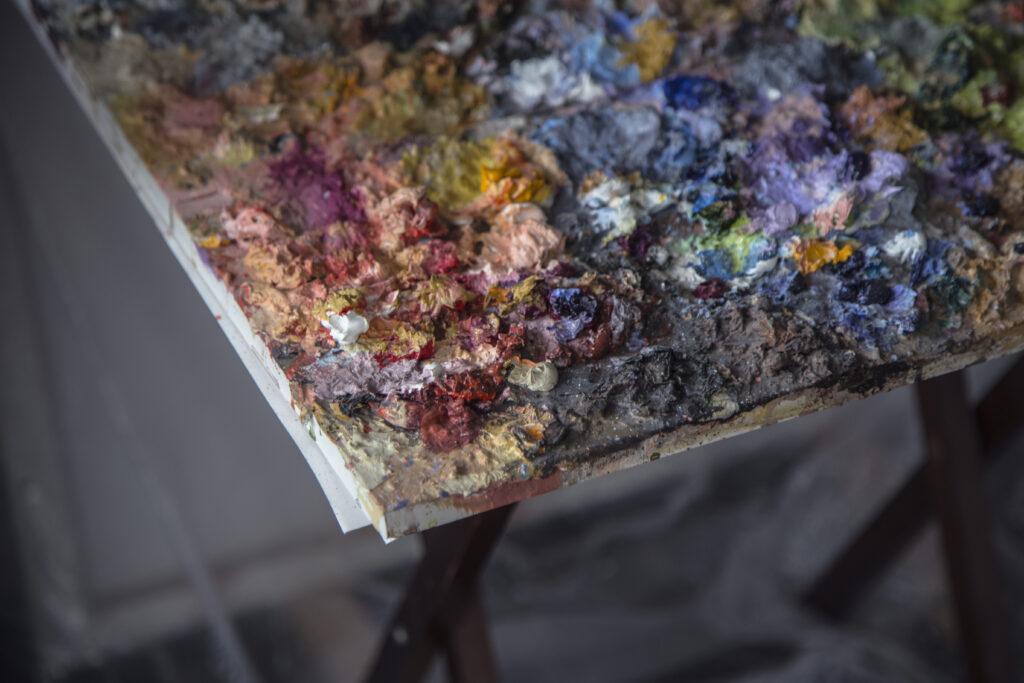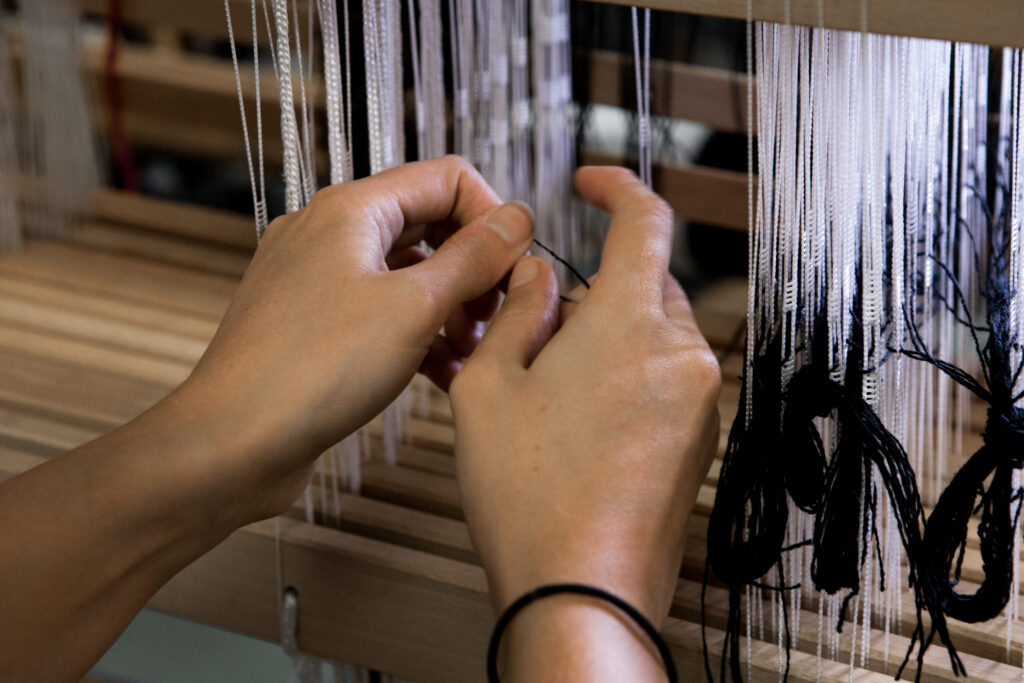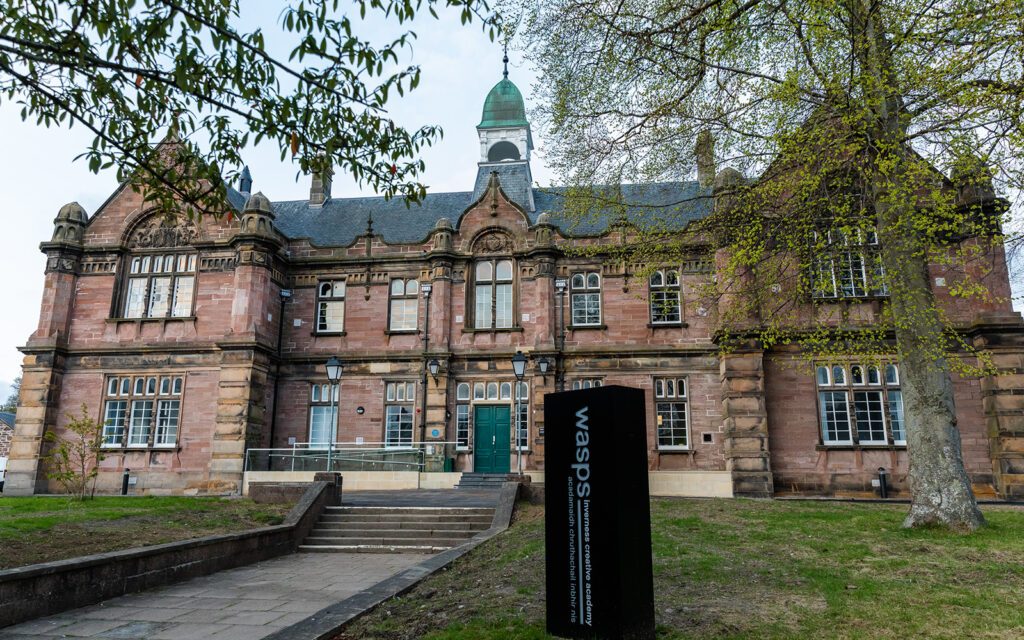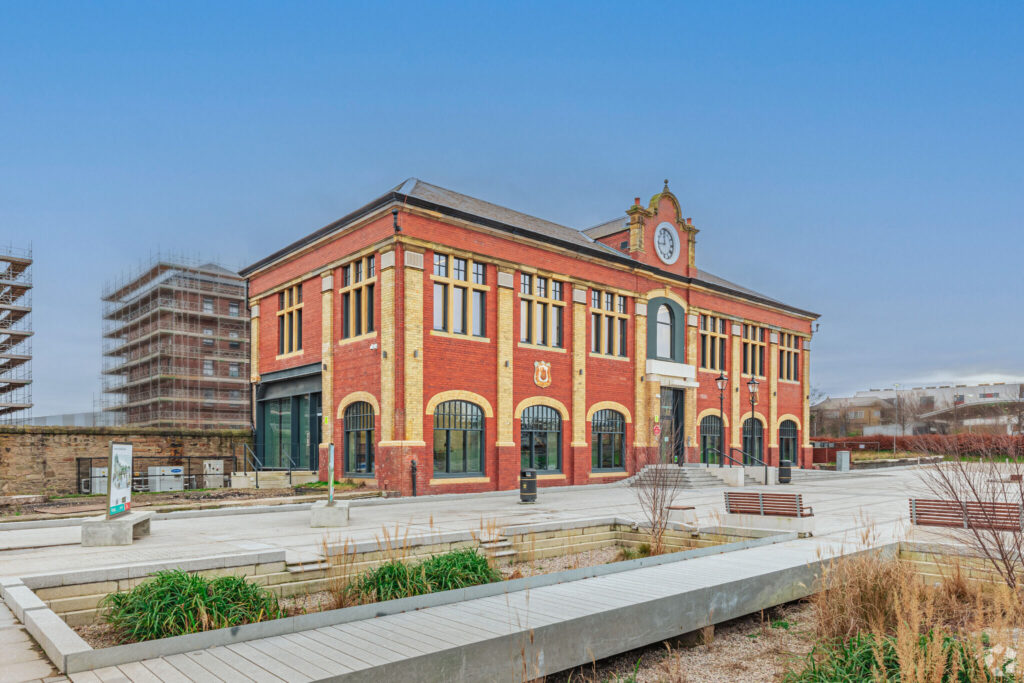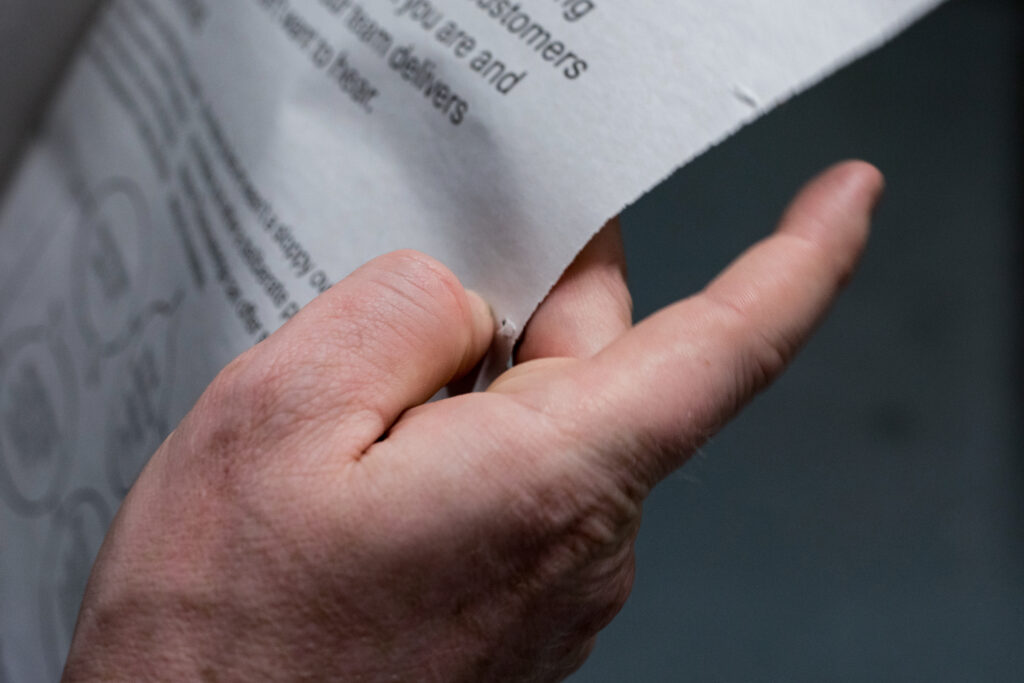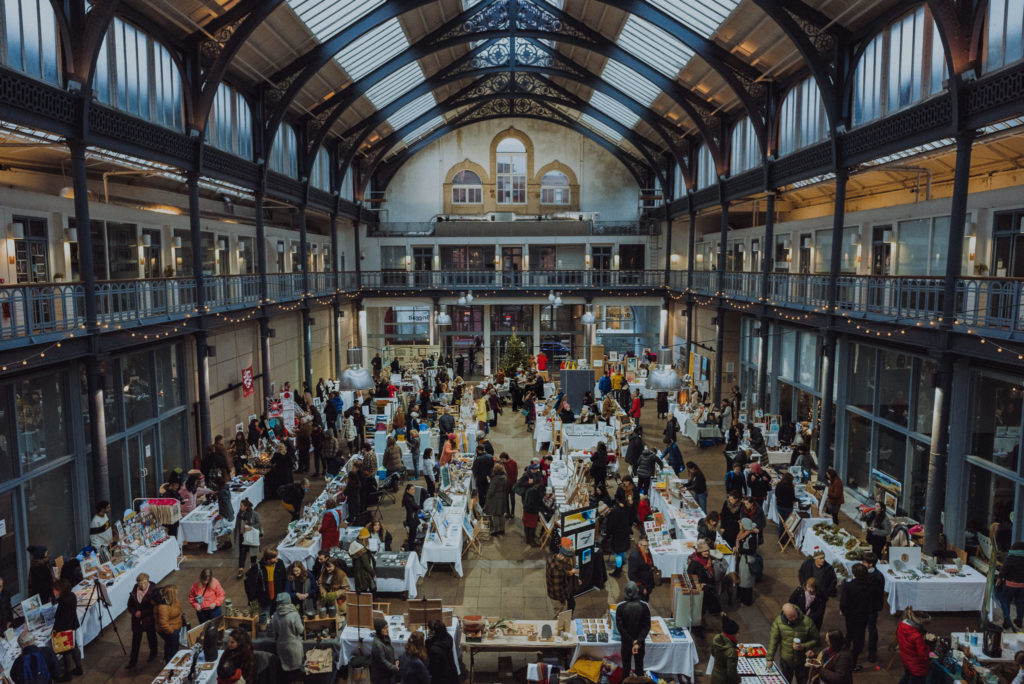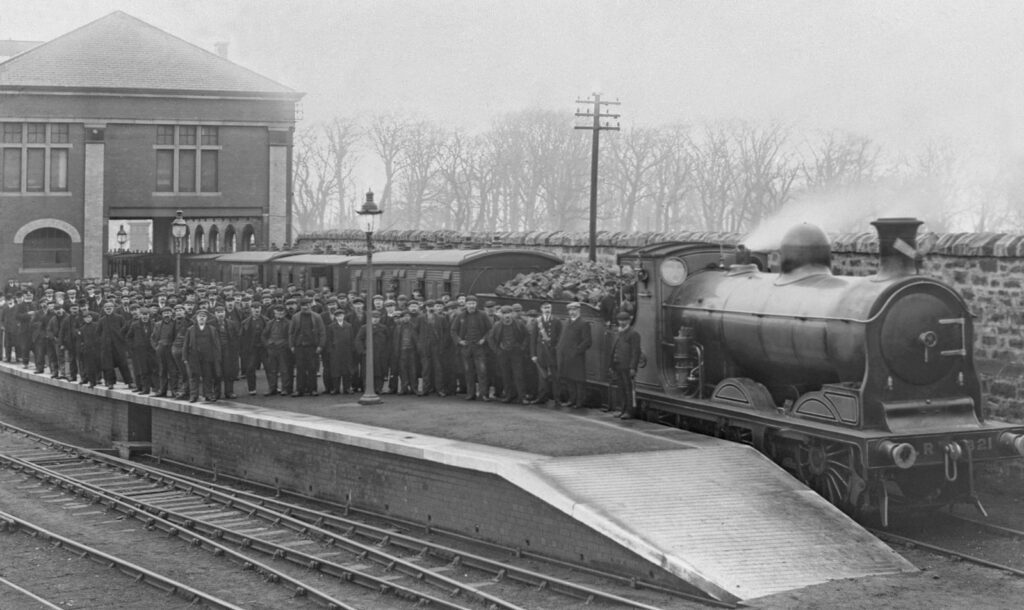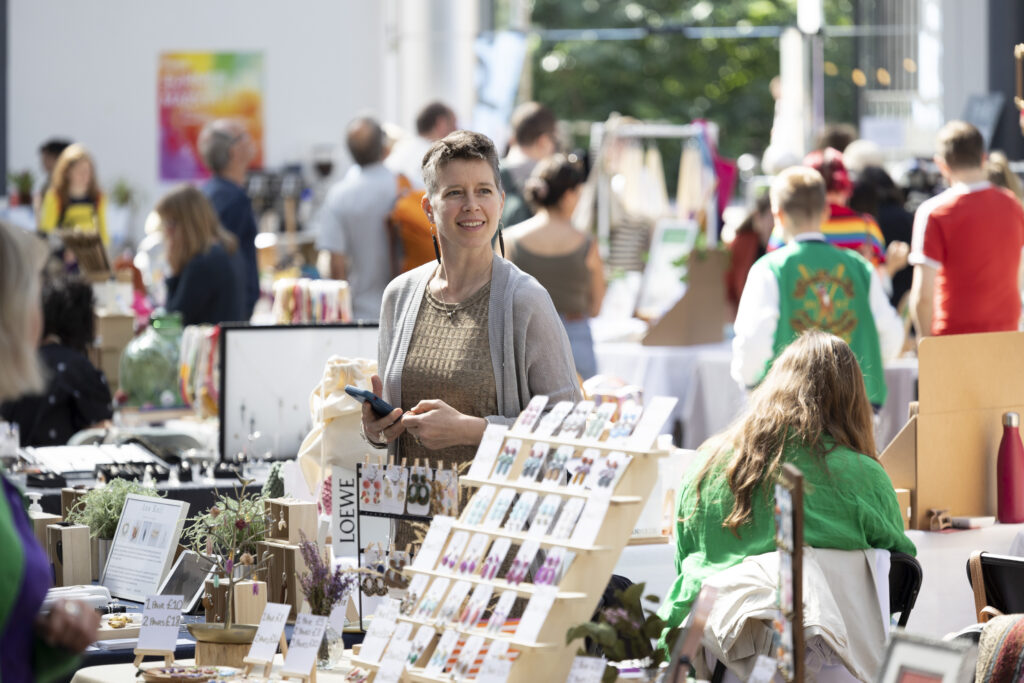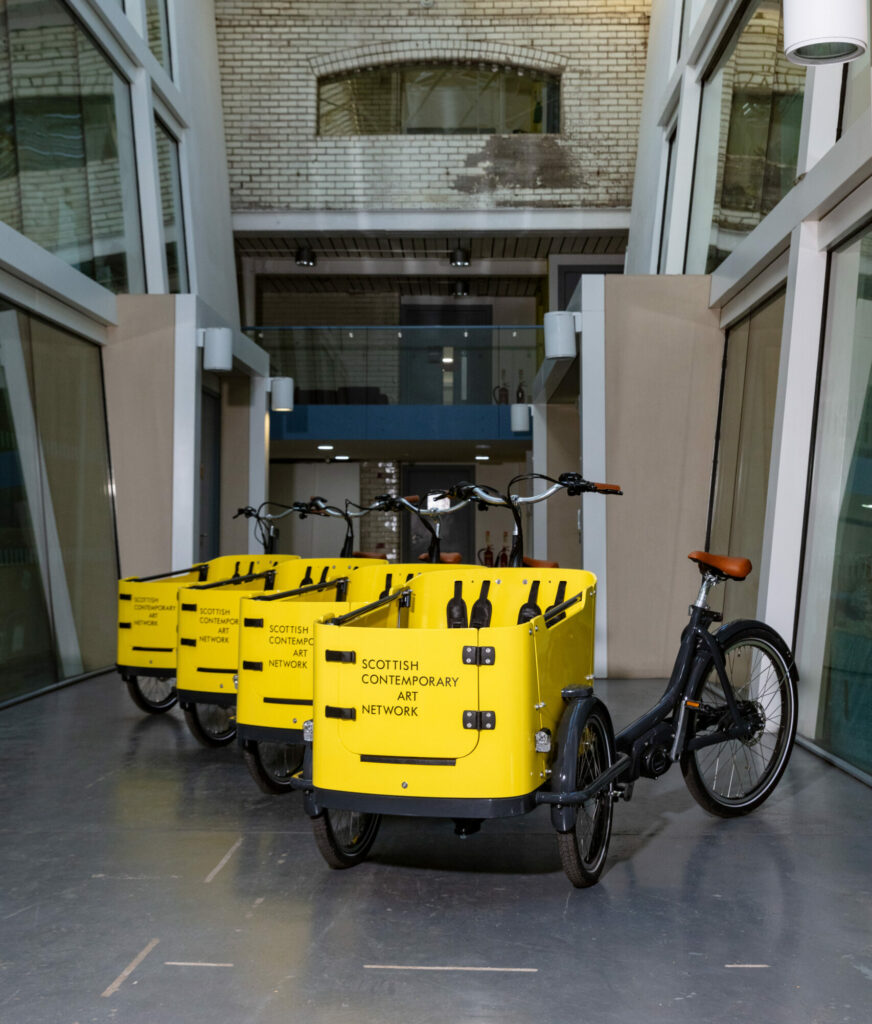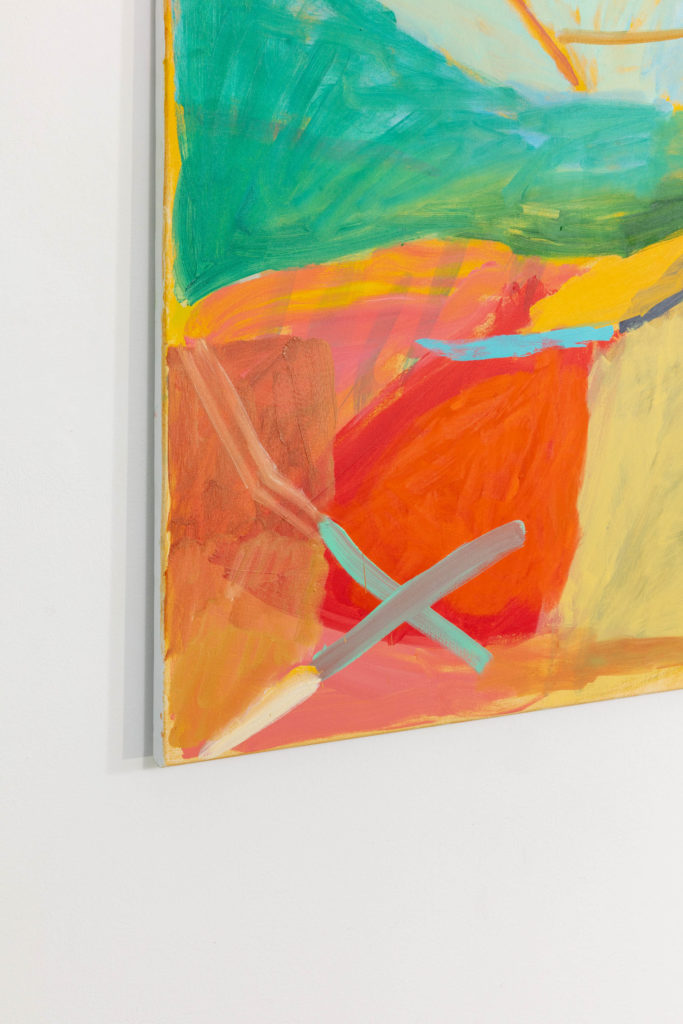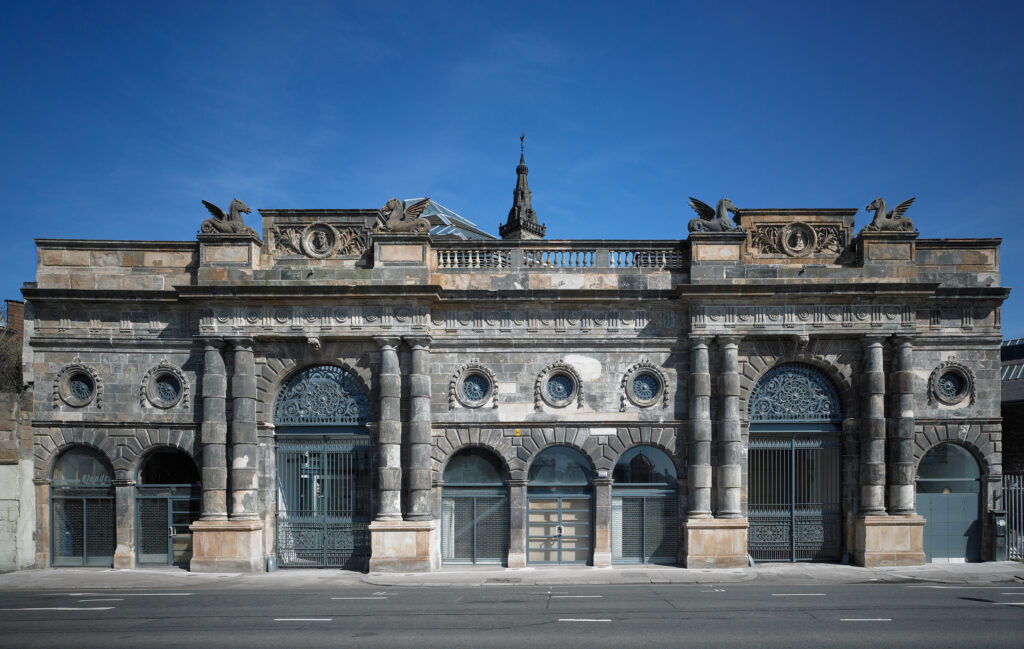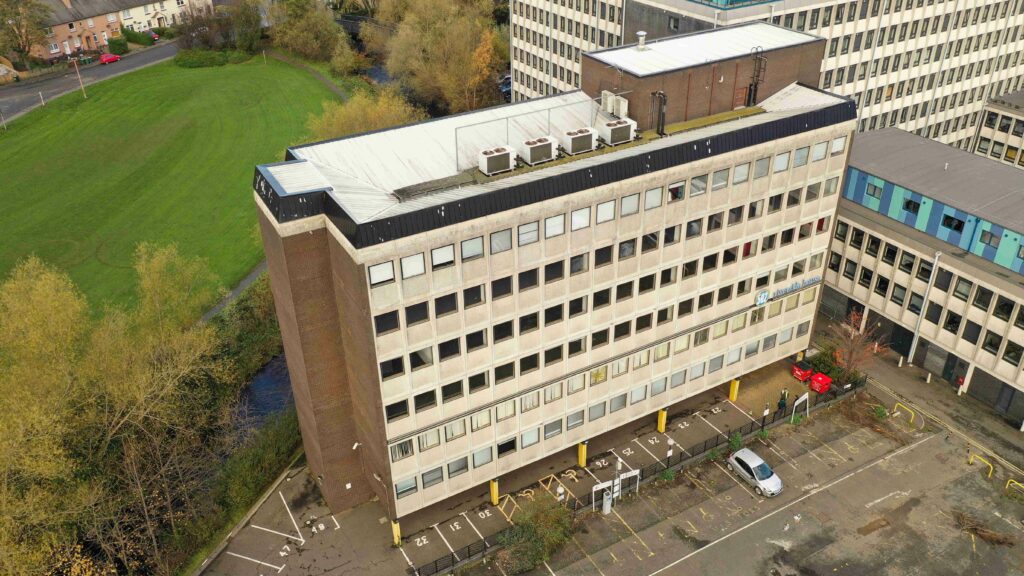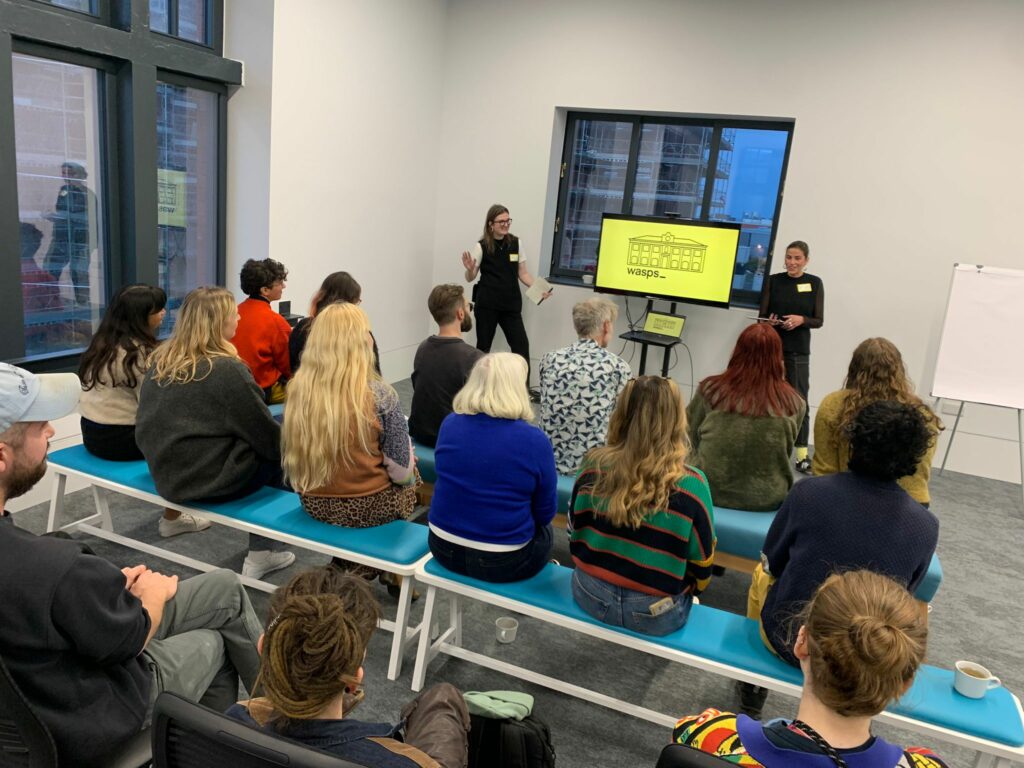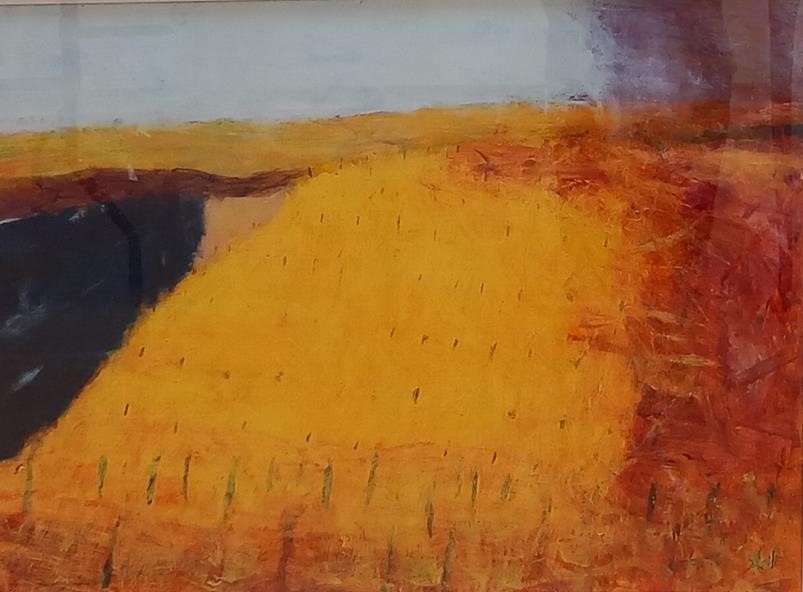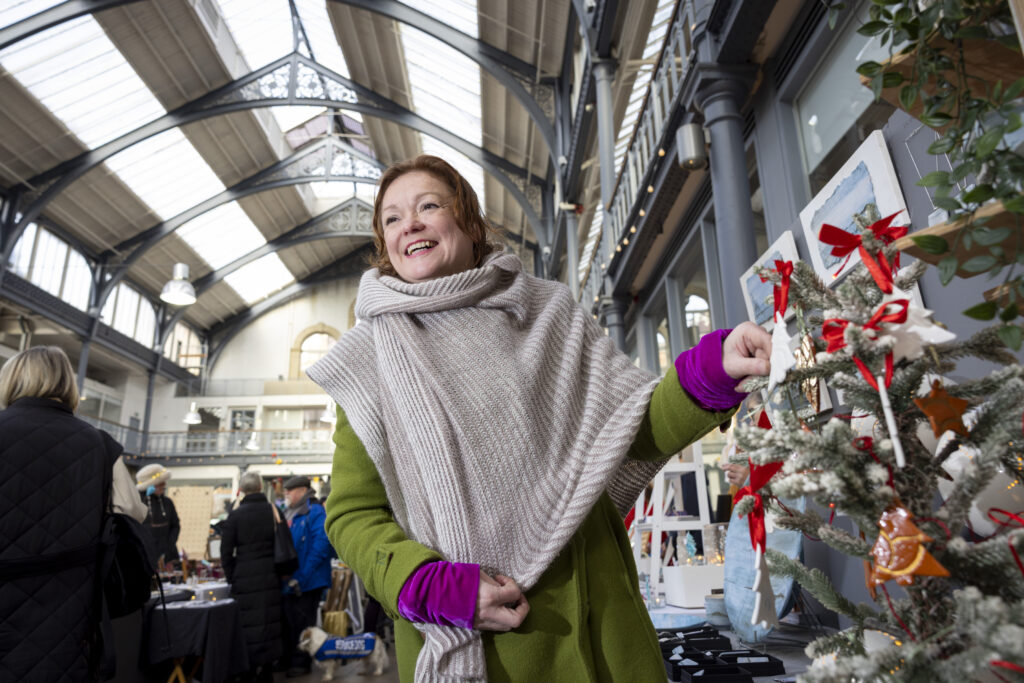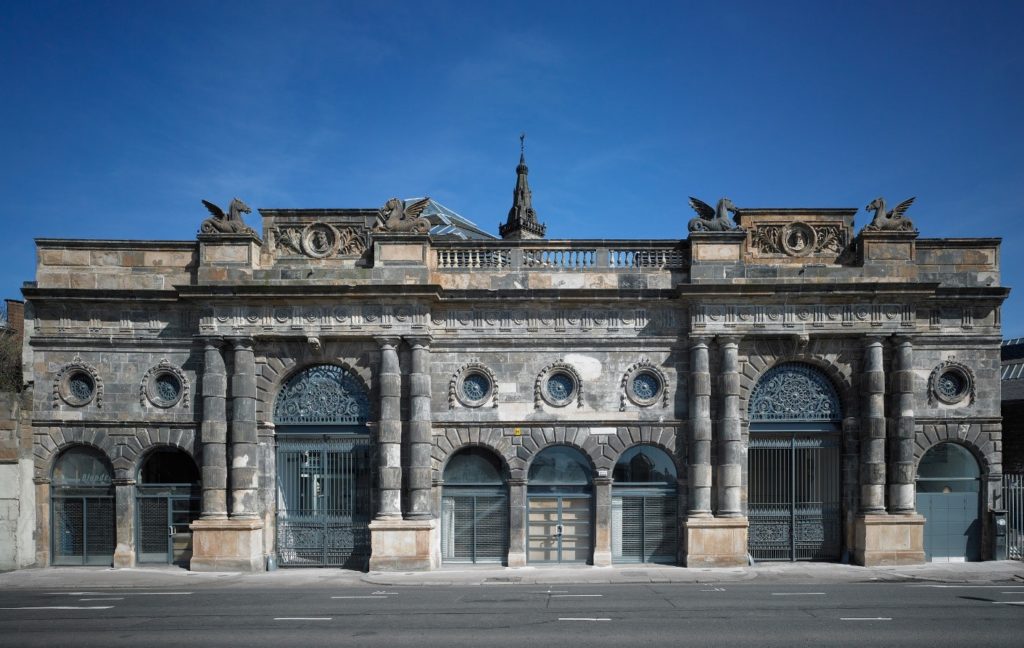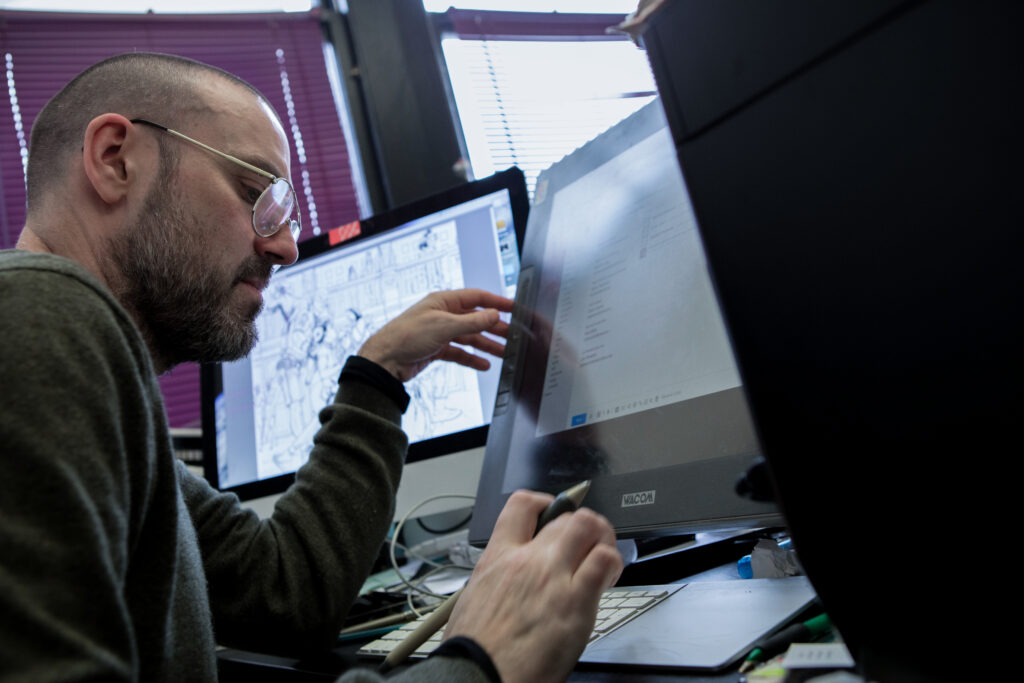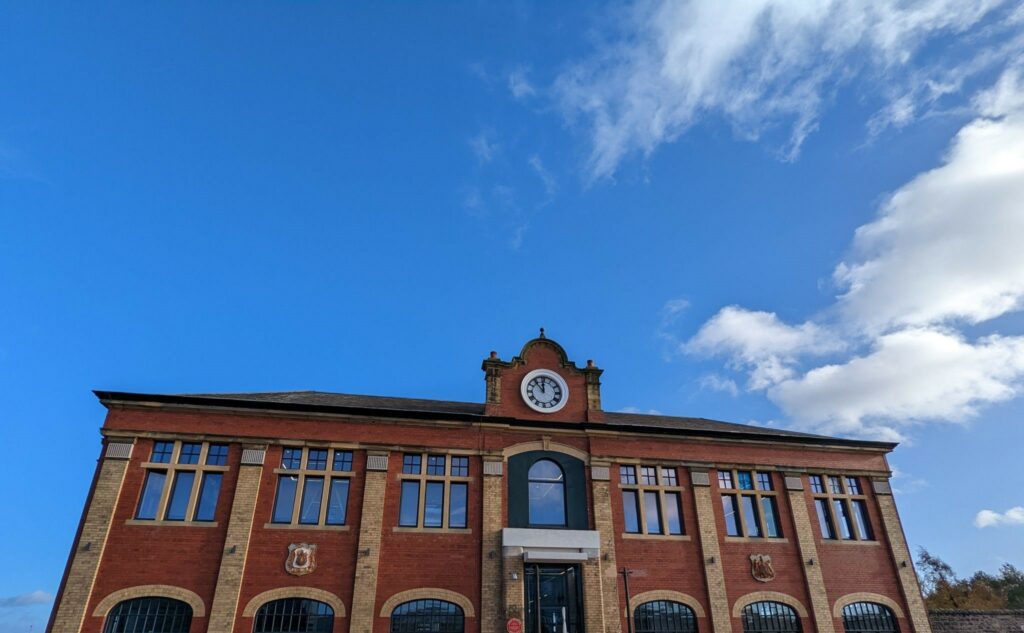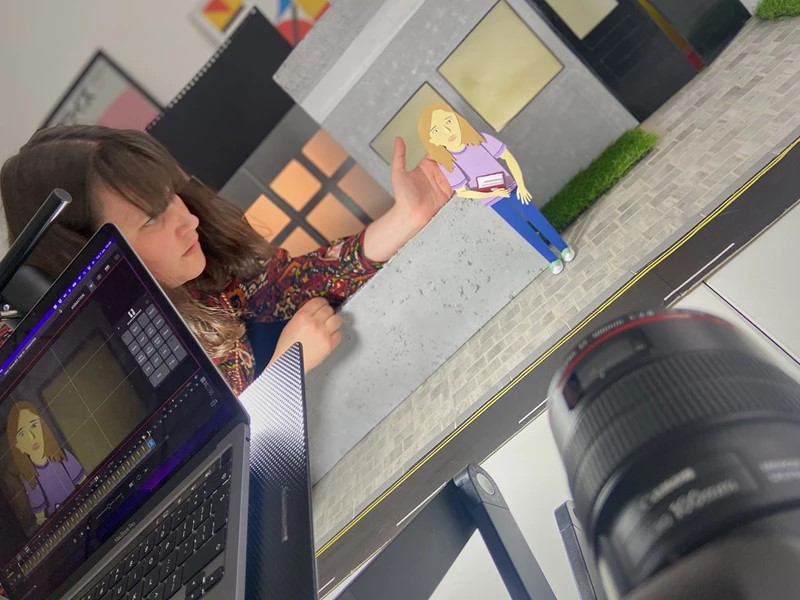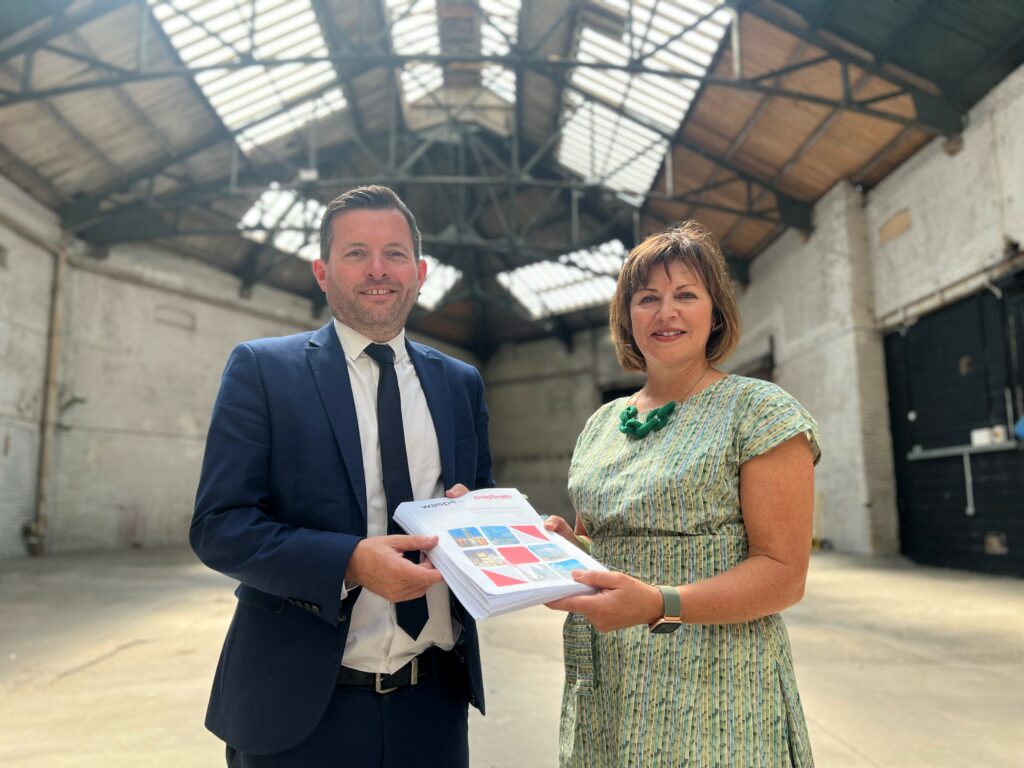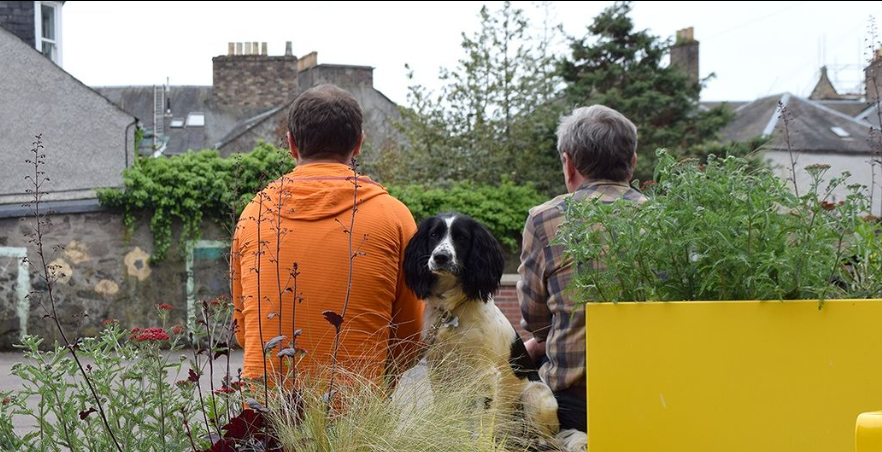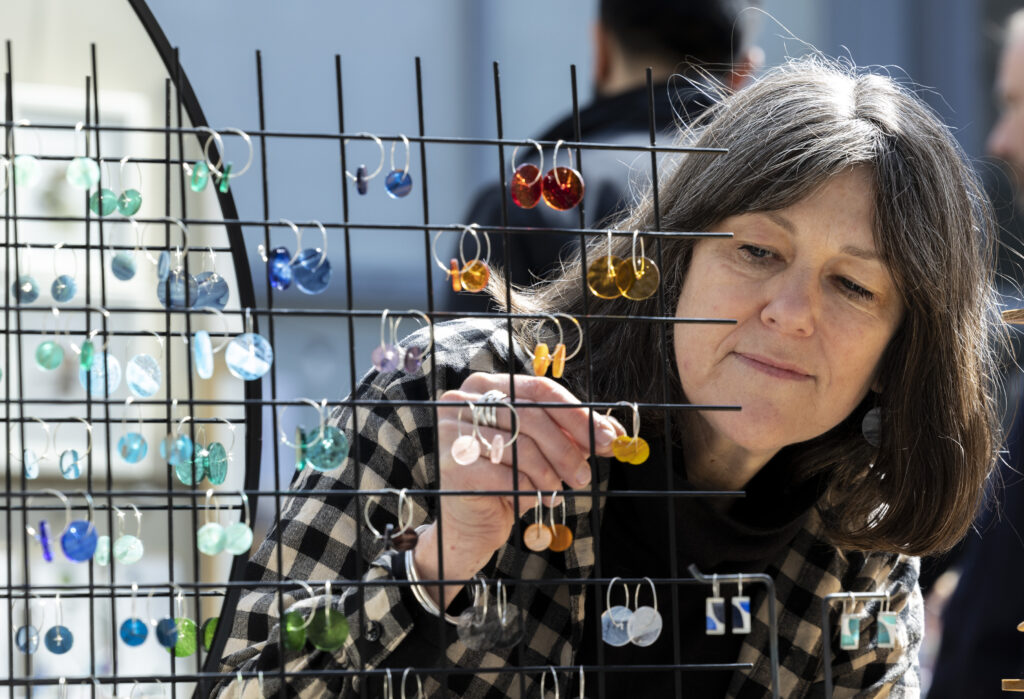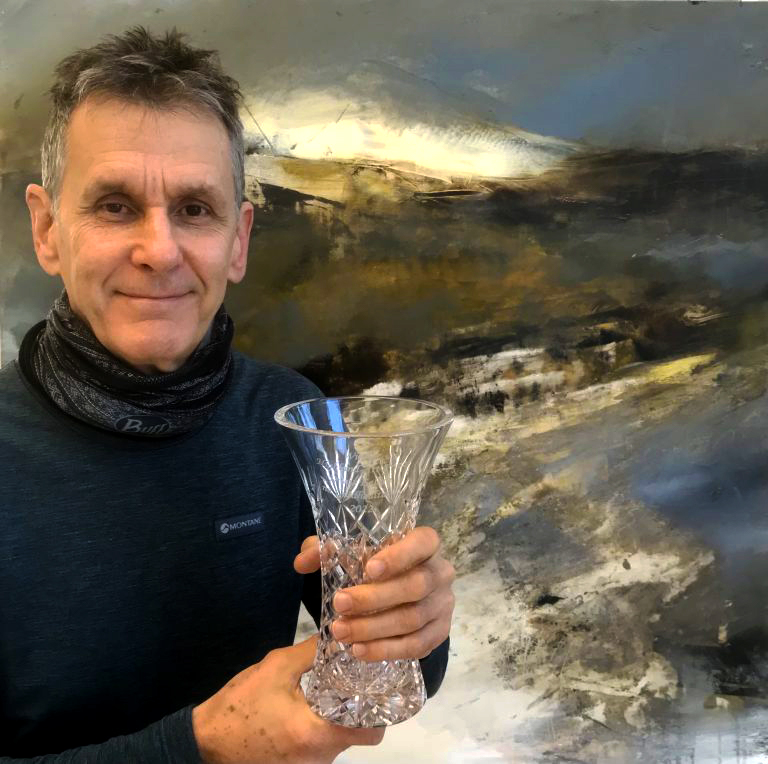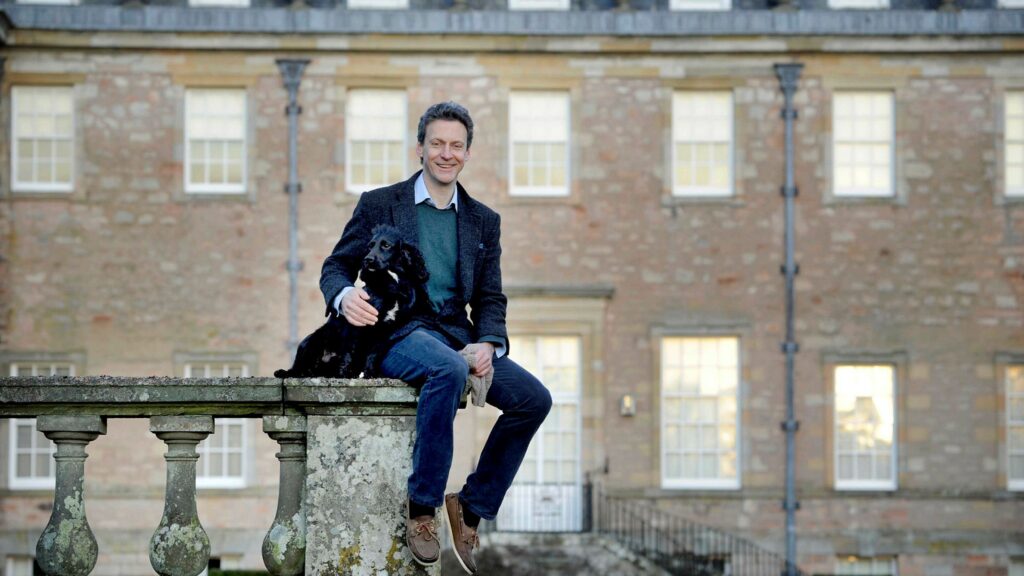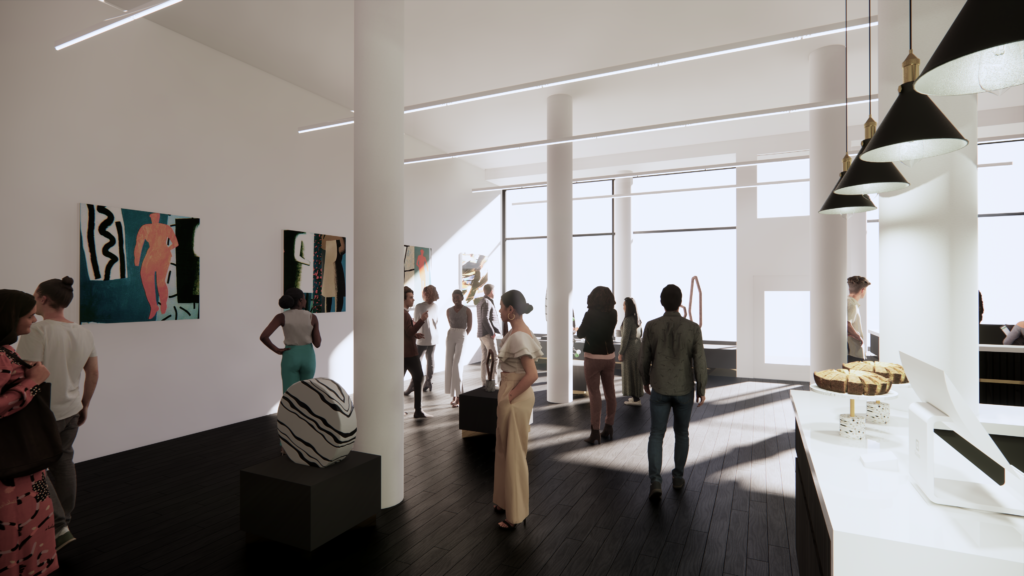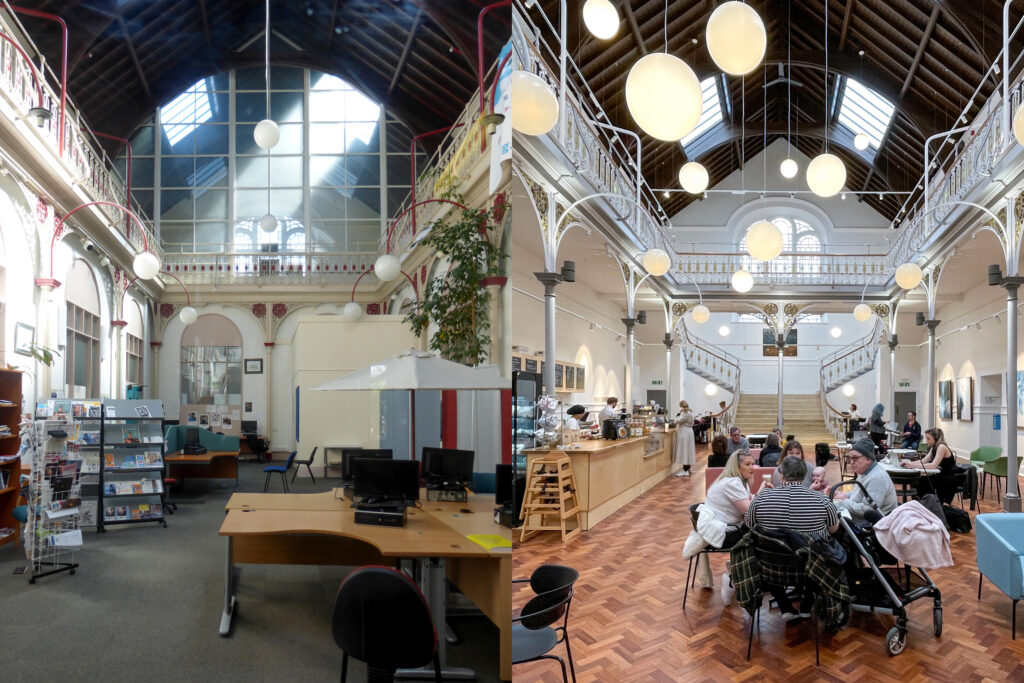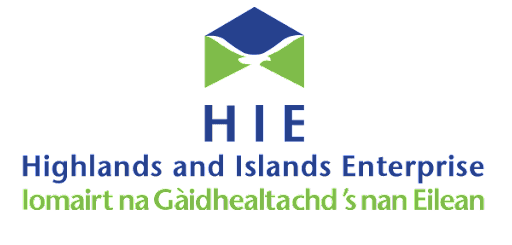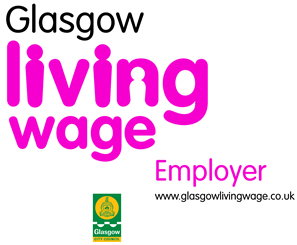The chair of arts charity Wasps – Scotland’s largest provider of studios for artists, makers and creative industries – has warned that spiralling inflation and energy prices are driving Scotland to the cliff-edge of “a cultural recession”.
Wasps’ Chair Karen Anderson said it was concerning that, while Scotland is a major cultural focal point during the summer, hosting the world’s biggest arts festival, the Edinburgh Festivals and including Edinburgh Art Festival, talented artists are having to reconsider whether they can afford to continue their cultural careers.
To stay viable Wasps was forced to increase the rents to its 1000 artists by up to 16% and levy an energy surcharge, she said.
Ms Anderson added: “As a not-for-profit charity, our rental income from tenants has to cover the costs of running and maintaining our buildings. A 400% electricity hike meant we had to reluctantly introduce a monthly electricity surcharge. And ongoing spiralling inflation, especially on costs of maintaining our buildings, resulted in significant rent rises.
“From our conversations with tenants and the Scottish Artists Union, we know artists and creatives are experiencing crippling hardship. The very ethos of Wasps is to provide affordable studios, but that is becoming increasingly more difficult.
“We rightly celebrate the Edinburgh Festivals as a world-beater – the Olympics of creativity and arts. But it masks the fact inflation and energy hikes are hollowing our cultural heart.”
Ms Anderson said there was evidence of decline in Scottish Government’s four cultural indicators, although she acknowledged that Covid would have had some impact on numbers attending and performing in cultural events.
Referring to the National Indicators on Performance, published by the Scottish Government, approximate gross value added (GVA) of Scotland’s Arts, Culture and Creative sector was estimated at £4,445 million in 2020, a decrease of £79 million (-1.8%) in real terms on 2019 and £490million down from its 2017 peak.
Meanwhile, employment numbers in Scotland’s arts, culture and creative industries sector was 155,000, down by 10,000 (5.9%) on 2021. The social capital index is at 93 – which is 7 lower than the 2013 baseline set 10 years ago.
Ms Anderson, who took over Wasps’ chair role in March, said: “A thriving and growing cultural sector creates a more successful country – contributing to the economy, creating a positive and unique identity for Scotland, providing more opportunities for people to grow and flourish, driving physical and mental health outcomes, bringing people together through a shared passion.
“Post Covid and in the middle of a cost-of-living crisis the evidence points to a decline, or at best, stagnation in the arts in Scotland. In other words, cultural recession.”
Ms Anderson said Wasps were not alone in making hard choices. Last year, the temporary closure of The Modern Two art gallery in Edinburgh, was described as the tip of the iceberg of the crisis facing many of Scotland’s cultural venues.
The Edinburgh International Film Festival, the Filmhouse and Aberdeen’s Belmont cinema closed with a loss of 102 jobs.
Dance Base, an arts charity with a 30-year history, announced the closure of half their studio space and the loss of jobs, in response to reduced funding and increased energy bills of 350%.
Ms Anderson said that she supported the Government’s culture strategy and the sentiments of the introduction: “That by investing in and strengthening culture, we are investing in the future cultural, social and economic success of Scotland.” She added: “However, it is clear we are not investing enough.”
While Wasps receive grant funding towards restoring historic buildings, there is no relief funds for to mitigate increased utility and maintenance costs or support tenants in crisis. She added: “While we recognise competing pressures on budgets, simple measures such an arts energy cap will pay for themselves in the long run.
“There is also potential for better alignment between the Government’s climate change agenda and our sector. Artists need physical spaces to work in and display their creativity and these need to be affordable. A green arts fund to help make studios more energy efficient would help the Government reach its net zero targets and in turn reduce costs and rents. A win- win.”
